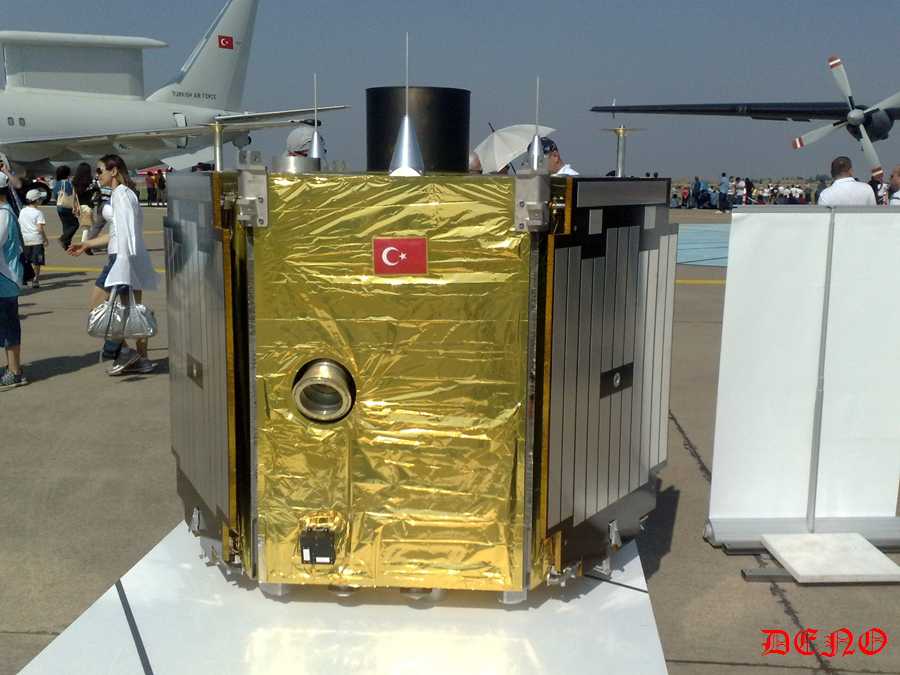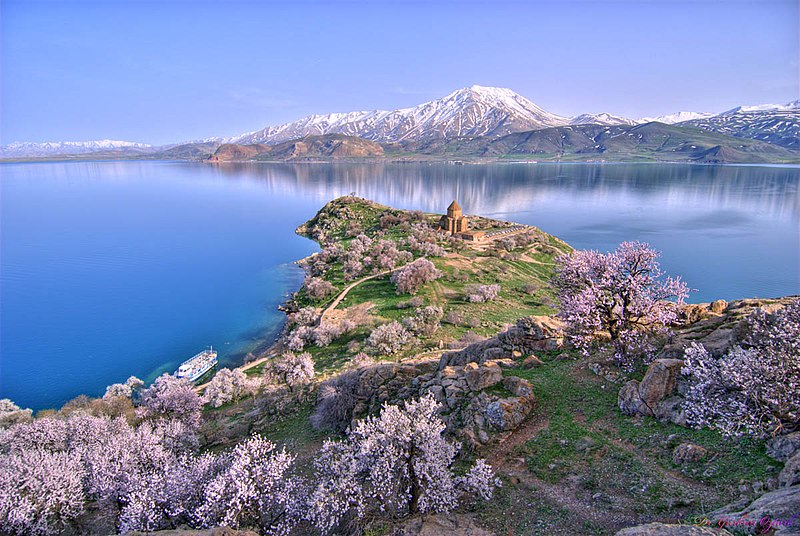ASHGABAT, Turkmenistan — Turkish President Abdullah Gul met with his counterpart in Turkmenistan last week for urgent talks thought to be related to $1 billion in outstanding bills owed to Turkish construction companies that have revamped the capital city.

Turkish companies have played a leading role in transforming this old sleepy post-Soviet backwater into a city of soaring marble-clad government offices and apartment blocks. But a report last month by risk analyst D&B said 25 Turkish firms are preparing to take legal action against Turkmenistan over the hitherto unexplained nonpayment.
Turkish media reported that Gul’s visit is aimed at recovering the debt and heading off complaints to the International Center for Settlement of Investments Disputes, or ICSID. Several Turkish businessmen said they believed it to be the central issue of Gul’s visit, speaking on condition of anonymity for fear of imperiling their investments in the tightly controlled Central Asian nation.
Gul himself was coy on the nature of the visit, but warned what was at stake before setting out. “With my visit, we will be reviewing all aspects of our cooperation in the fields of economy, trade, energy, investments and education,” Gul said. “Turkmenistan is the country where Turkish businessmen have undertaken the largest number of projects in Central Asia,” he said, adding that Turkish companies have developed projects worth $21 billion since Turkmenistan gained independence in 1991.
Turkey’s daily newspaper Hurriyet reported in April that the Turkmen government was refusing to pay Turkish companies $1 billion owed for building work. It also said Gul, who is known to take a close interest in Turkish investors abroad, had scheduled a trip to discuss the issue with Turkmen officials.
Foreign companies based in Turkmenistan, run as an opaque and authoritarian fiefdom since independence, are normally highly reluctant to publicize problems with the government. Turkish builder Ickale Insaat broke ranks late last year, however, when it filed a complaint against the country with the ICSID.
“More are to follow,” said Ozan Ickale, of the Ankara-based builder. “The Turkish companies are slowly all seeking their rights through arbitration.” He said a number of Turkish contractors have been jailed in Turkmenistan or are barred from leaving the country “for simply seeking their rights.” Ickale itself is owed over $50 million, he said. “Not only have we stopped our activities, but we were lucky to have come out of there,” he said.
Ickale said the Turkish government has promised to help them. He said he did not know if the president was expected to discuss their grievances in Turkmenistan. Ickale said three other companies had cases pending at the ICSID.
It is unclear what would have prompted a delay of payments by the Turkmen government, although revenues were reportedly badly hit in 2009, when Russia stopped buying the country’s gas following a pipeline explosion for which both sides denied responsibility. China has since stepped in to buy large amounts of gas, but the Turkmen government will likely face straitened financial conditions over the next few years as its borrows and spends billions on developing its large energy reserves.
via Turkey Duns Turkmen for $1Bln | Business | The Moscow Times.





